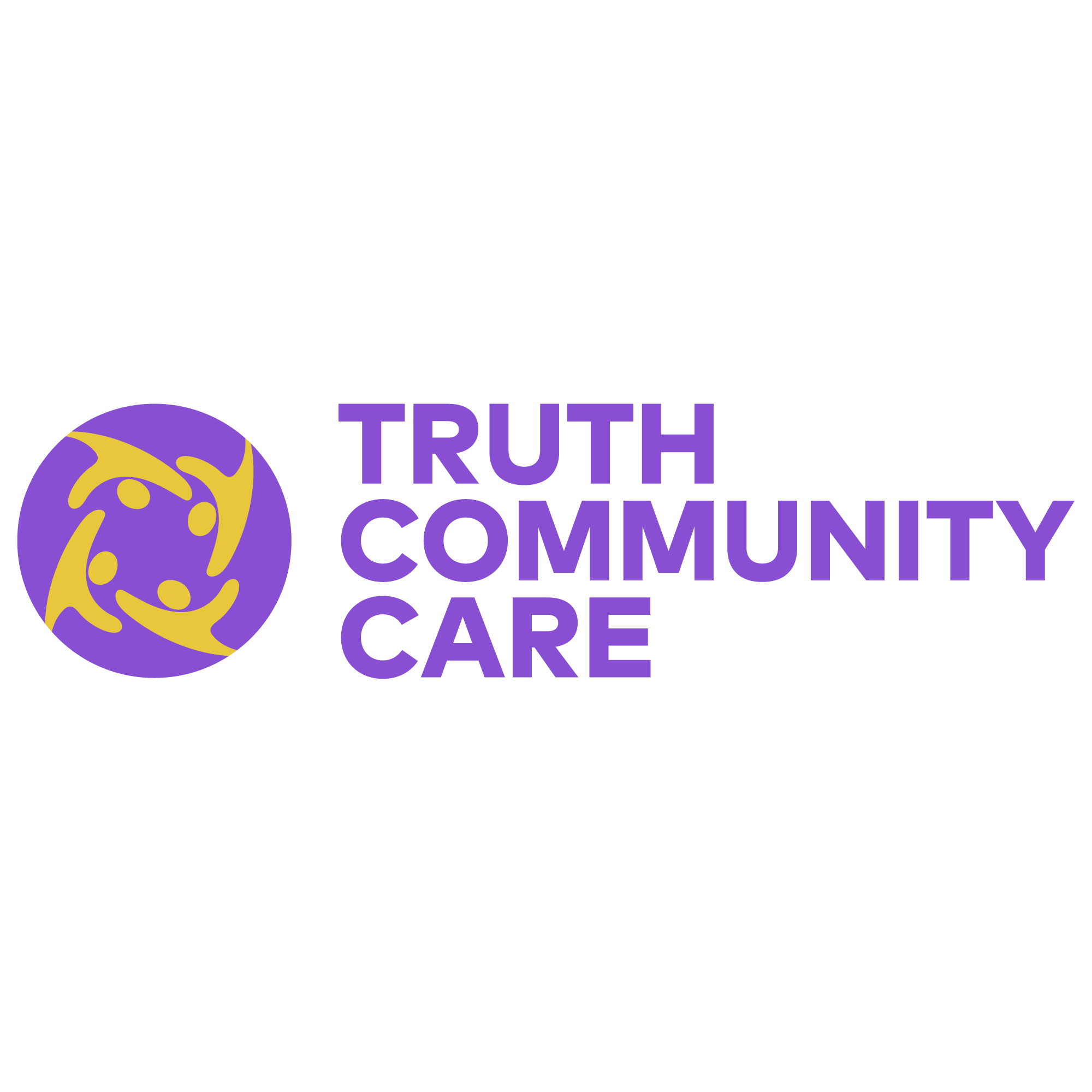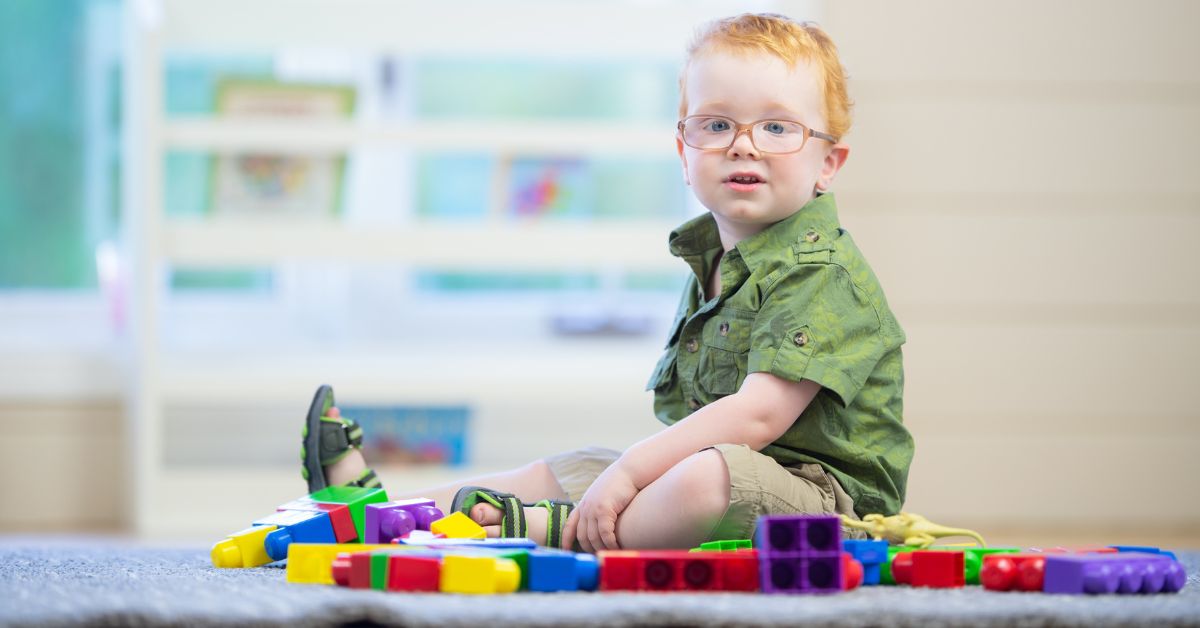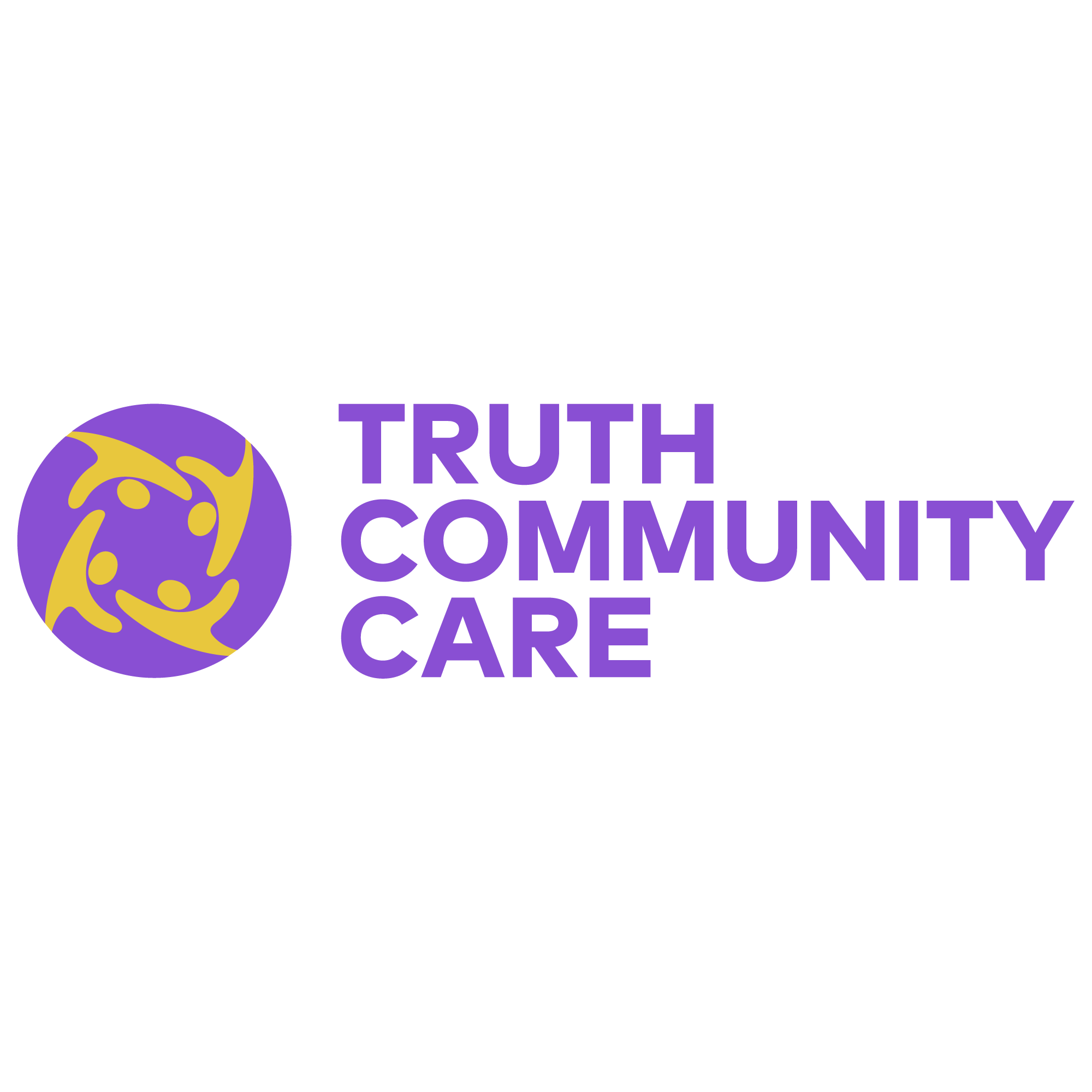Articulation disorder is a common condition where a child has trouble making certain sounds, like saying ‘w’ instead of ‘r’ or ‘s’ for ‘th’. It is also happens when someone has trouble making speech sounds. It’s not about language delay it’s about how sounds are produced. People with this condition may leave out, distort, or replace sounds.
In Melbourne, parents and carers often notice something’s not right when their child struggles to say sounds like “r”, “s”, or “th”. These issues can affect social interaction and confidence. The good news? With early support from an NDIS service provider, improvement is possible.
Common Signs That Might Go Unnoticed
Some children speak later than others but that’s not always a red flag. Watch out for signs like:
- Slurred or unclear speech
- Mispronouncing common words
- Being misunderstood even by close family
- Frustration when trying to communicate
In Melbourne, speech pathologists play a big role in helping families spot these issues early. Often, it’s during kindy or school years that teachers raise the first concern.
What Causes Articulation Disorder?
There’s no single reason. It may come from:
- Developmental delays
- Hearing loss
- Muscle weakness in the mouth
- Neurological conditions
- Genetics
According to the Cleveland Clinic, some children have no known cause. That’s why an early speech assessment is crucial. Melbourne-based providers under the NDIS can help fund and support these assessments.
How is it Diagnosed?
Speech pathologists assess speech patterns and compare them to what’s expected for the child’s age. They may:
- Test sound production
- Use play-based evaluations
- Ask about medical history
- Record and analyse how the child talks
If you’re in Melbourne, you can speak with an NDIS-registered service provider to get referred to a trusted speech professional.
Treatment Options That Actually Work
Early intervention matters. Common treatments include:
- One-on-one speech therapy
- At-home practice routines
- Games to make learning sounds fun
- Parental coaching
NDIS funding often covers regular therapy sessions. With time and practice, many children see big improvements.
Why Support from NDIS Providers in Helps?
NDIS service providers in Melbourne offer:
- Tailored therapy plans
- Flexible scheduling
- Experienced professionals
- Ongoing progress tracking
They don’t just focus on the child they work closely with families to build confidence and consistent routines.
How It Differs From Phonological Disorders
Many confuse articulation disorder with phonological issues. They sound alike but they’re not.
Articulation disorder is about how a sound is made. Phonological disorder involves patterns in sound use. For example, a child might always swap “k” for “t”.
Speech pathologists are trained to spot the difference. That’s why getting assessed early is key.
Where to Find Help
You can start by:
- Talking to your GP
- Contacting a speech therapist
- Searching the NDIS Provider Finder
- Asking your child’s teacher or daycare
Some well-known clinics in Melbourne offer both in-clinic and telehealth options.
FAQ
Is articulation disorder the same as a lisp?
Not always. A lisp is one type of articulation error, but there are many others.
Can adults have articulation disorders?
Yes. It can result from strokes, injuries, or lifelong conditions.
Will my child grow out of it?
Some do, but most benefit from speech therapy to avoid long-term impacts.
Is this covered by the NDIS?
If the disorder affects functional communication, yes. Talk to an NDIS provider.
How long does treatment take?
It varies. Some see results in weeks, others need ongoing support.
Key Takeaways
Articulation disorder affects how people produce speech sounds. It’s common, especially in children, and can impact confidence and daily communication. While it may seem minor, untreated issues can last into adulthood.
The best path forward is early support. In Melbourne, NDIS service providers make it easier for families to get the assessments and therapy they need. With consistency and care, most individuals show great progress.





